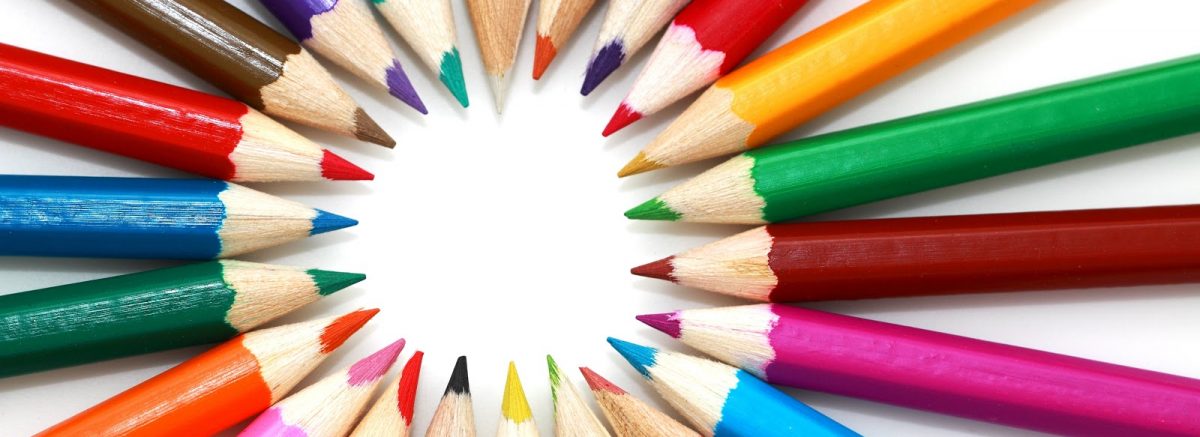The previous sections have talked about finding a vision for your language ability and determining the steps you will take to reach your goals.
The Key to Optimizing Your Language Practice Time

Stories to help you write your language learning story

The previous sections have talked about finding a vision for your language ability and determining the steps you will take to reach your goals.

Our brains respond easily to pictures, images, movies, and things that excite them. Visual cues are powerful! Especially for maintaining motivation and achieving goals.

Do you find yourself studying your target language for hours on end without making any progress? Using portioning and repeating can fix that.

How can journaling help you become a more effective learner? For one thing, it helps you understand yourself better. Your mind is your primary language learning tool, but we can be our own worst enemies, and that all starts in our head, so keeping tabs on it is important.

In an ideal world, we could travel to a foreign country and communicate with the natives effortlessly and flawlessly–no grammar mistakes, no contextual misunderstandings.

Does hearing the word “goal” outside of a soccer game make you start to sweat? You’re not alone.

Comparison is a dangerous poison to the language learner–but it’s one that we’ve all gotten ourselves sick on.

One of our most powerful tools in learning a language is being self-aware. When we talk about self-awareness and language learning, we’re talking about:

Have you ever heard of the fight or flight response? Chances are, you have. But we’ll explain it a little bit anyway: when faced with a threat, your natural instincts give you two options–fight or flight.

Learning how to effectively cope with stress can help you stay in control of your language learning.